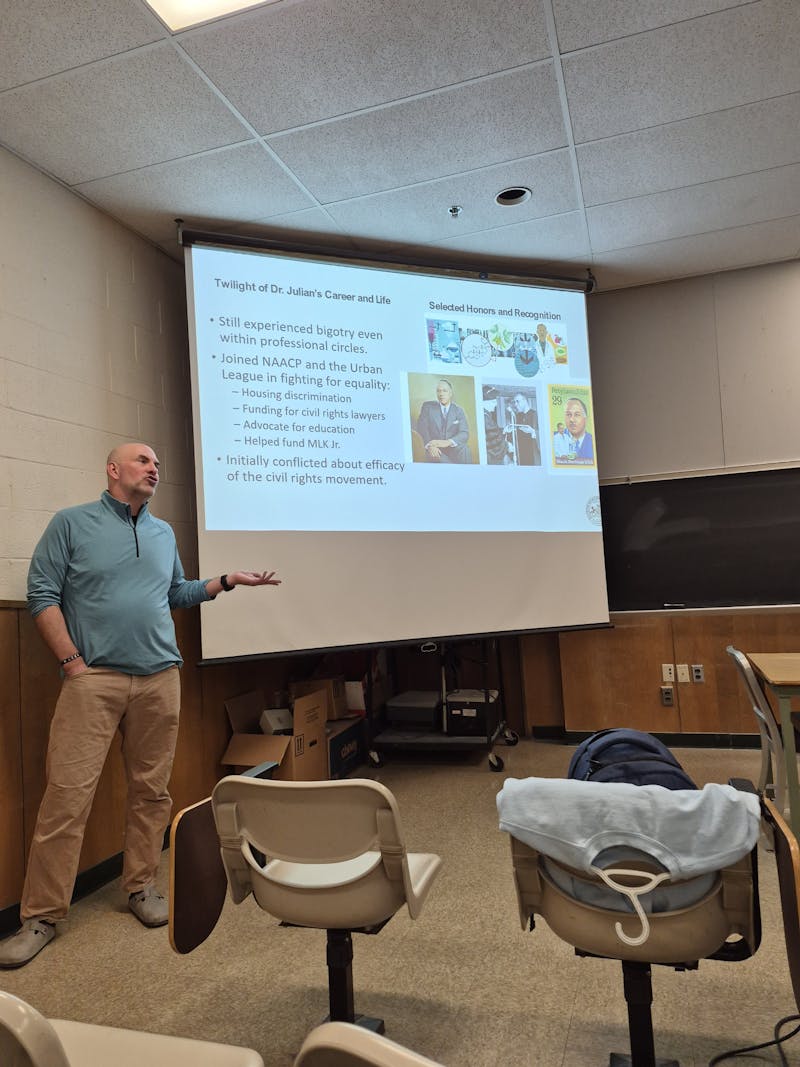The U.S. government has shut down for the first time since Dec. 2018 during Trump’s first term in office. The current shutdown began on Wednesday, Oct. 1.
The government shutdown in Dec. 2018 lasted 35 days. Many Americans saw the effect on their lives as social safety nets and government services were left unavailable.
Government shutdowns have not historically lasted over a month like the most recent example, with 12 of the 15 shutdowns since 1980 lasting five days or less according to the United States House of Representatives Archives.
According to political science Professor Lonce Bailey, the following are effects that could be felt by students on campus.
“In the short-term most people won’t feel anything, if they do it is because they get some sort of regular money from the federal government like the military or ROTC students on campus,” Bailey said.
When asked about what could happen in the case of a longer shutdown, Bailey said, “A medium- or long-term shutdown will be much more painful for students with parents who work in the federal government as they will be asked to work without pay. Certainly, long term, you may see disturbances to student loans and Pel Grant disbursements.”
The possibility of the government returning from shutdown seems to be halted now as both Republicans and Democrats seem to be refusing to budge on their desired outcome.
Senate Democratic leader Chuck Schumer has called for a bipartisan effort to end the shutdown by extending healthcare tax credits that will expire this year. The extension of these tax credits is the driving force behind the Democrats refusal to put the budget through.
The Republicans are refusing to move on their budget and are threatening to fire federal workers and placing blame on the Democrats.
According to an ABC News update, when asked about the possibility of mass layoffs by reporters outside of the White House, Press Secretary Karoline Leavitt said, “We're going to look at agencies that don't align with the administration's values that we feel are a waste of the taxpayer dollar. And look, unfortunately, these conversations are happening because we don't have any money coming into the federal government right now.”
This is a developing story.





The Slate welcomes thoughtful discussion on all of our stories, but please keep comments civil and on-topic. Read our full guidelines here.